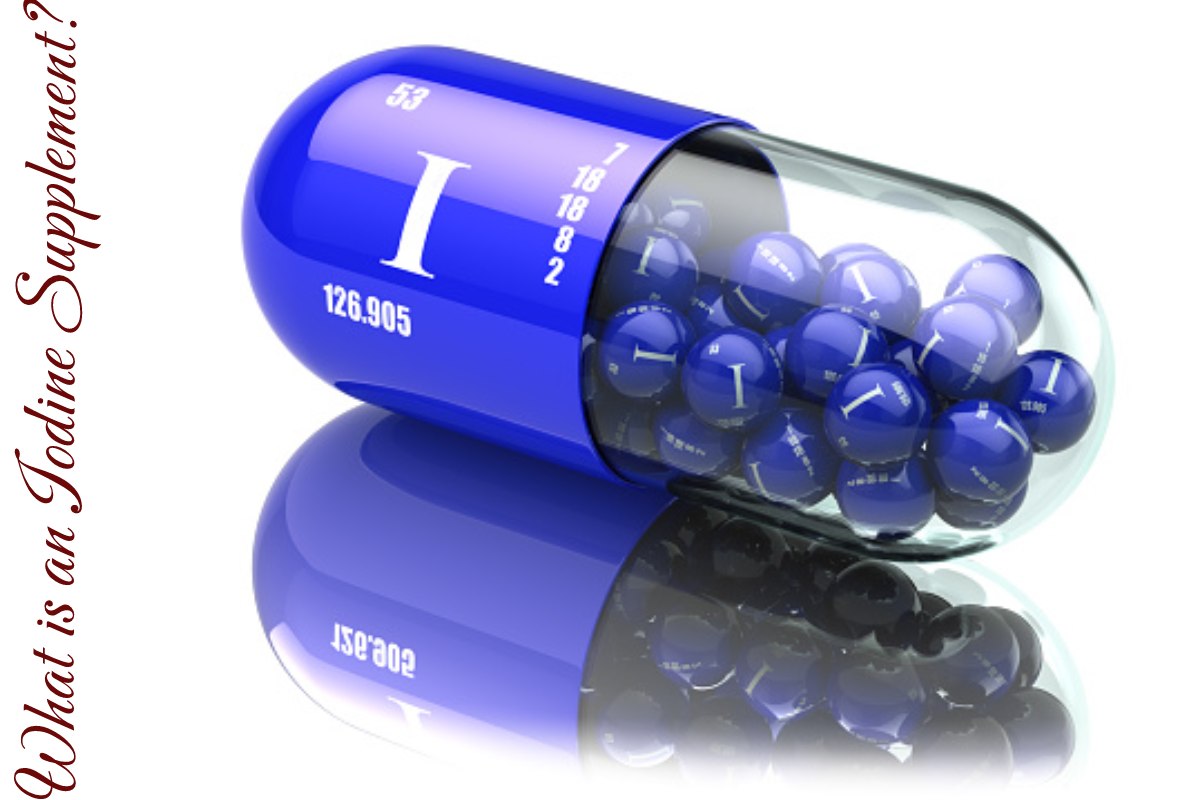Iodine Supplement: Iodine is a trace element that is naturally present in some foods, is added to some types of salt, and is available as a dietary supplement. Iodine is an essential component of the thyroid hormones thyroxine (T4) and triiodothyronine (T3).
Table of Contents
8 Iodine Deficiency Symptoms
There are several ways your doctor can test your iodine status, the most common being a urine test, which gives results within minutes. Blood can also draw, which is a more accurate reading when compared to urinalysis. Patch tests involve applying an iodine-infused patch to the skin for 24 hours, and iodine loading is a test that reviews the amount of iodine excreted in the urine in 24 hours.
Outside of testing, individuals suffering from iodine deficiency may present with some of the following common symptoms:
Brain Fog:
Since brain tissue is susceptible to thyroid hormone balance, insufficient iodine, and therefore incorrect thyroid hormone ratios, can lead to forgetfulness and concentration. of difficulty.
Cold Intolerance:
Thyroid hormones help support proper temperature regulation via communications with the hypothalamus. Imbalances in the thyroid hormones T4 and T3 due to a lack of iodine can affect these communications leading to cold hands and feet.
Constipation:
A malfunctioning thyroid gland can slow down muscle contractions. Making it possible for waste to pass through the digestive tract.
Decreased Energy:
Thyroid hormones regulate metabolism. And a lack of active thyroid hormones due to low iodine levels can slow down the body’s ability to burn food into usable energy.
Delayed Wound Healing:
Iodine has antimicrobial and immuno-supportive properties. A lack of which could affect the rate at which infected tissues heal.
Depression:

Variations in thyroid hormones have show to impact hormones responsible for regulating mood and sleep patterns.
Heavier Menstruation:
Thyroid hormones affect sex hormone balance, including the amount of progesterone. A hormone that helps thin the uterine lining and prevents heavy flow.
Muscle Weakness:
Iodine impacts the speed of muscle contraction, and deficiencies can lead to muscle weakness and joint swelling.
Thinning Hair:
Sex hormone fluctuations due to an affected metabolism and thyroid hormone imbalances can lead to thinning hair.
Weight Gain:
Proper levels of thyroid hormones affect the body’s ability to burn calories for energy instead of storing them as fat. Metabolic activity can slow without sufficient iodine to act as a cofactor in thyroid hormone synthesis.
How to Prevent and Manage an Iodine Deficiency?
Because the body cannot synthesize this essential mineral, it is vital to obtain the recommended amounts through diet or supplementation. Unfortunately, iodine is not found in significant quantities in most foods people eat. Outside of those that come from the ocean (especially seaweed). Most dietary-sourced iodine comes from iodized table salt. Created in the 1920s as the US government’s response to the goiter-epidemic afflicting the population due to poor iodine status. Regarding supplementing with iodine or managing a deficiency, it is best to consult your doctor. As various factors must determine to ensure proper dosage is maintained.
Iodine Supplements for Hypothyroidism: Nutrients or Toxins?
Iodine deficiencies, in most cases, cause hypothyroidism. So the quick fix is to go to the pharmacy and buy some iodine pills, right? Not so fast; make definite you understand the risks and prizes before making a foolish purchase.
Iodine is an exciting element because we only need 5 grams in our entire life to satisfy the physiological needs of this halogen. It estimates that more than 2 billion people worldwide have an iodine deficiency. And as many as 50 percent of Europeans believe in having some form of mild iodine deficiency. “A small dose goes a long way” is the perfect way to describe iodine, as it is essential for proper thyroid gland function. And iodine deficiencies almost always lead to an underactive thyroid. If patients don’t have enough iodine, they must take a few extra supplements to get healthy again. You don’t even need to have a fancy medical degree to be able to find a treatment for this logical solution.

